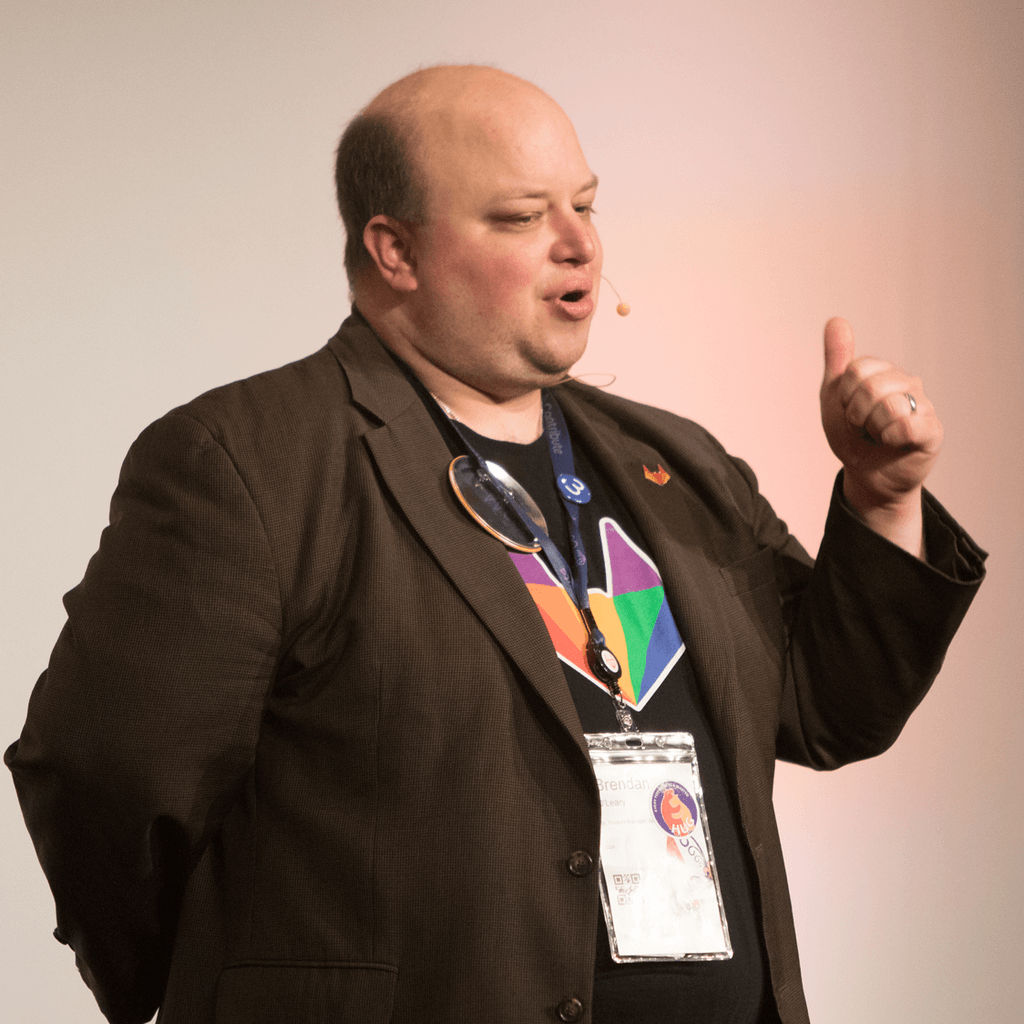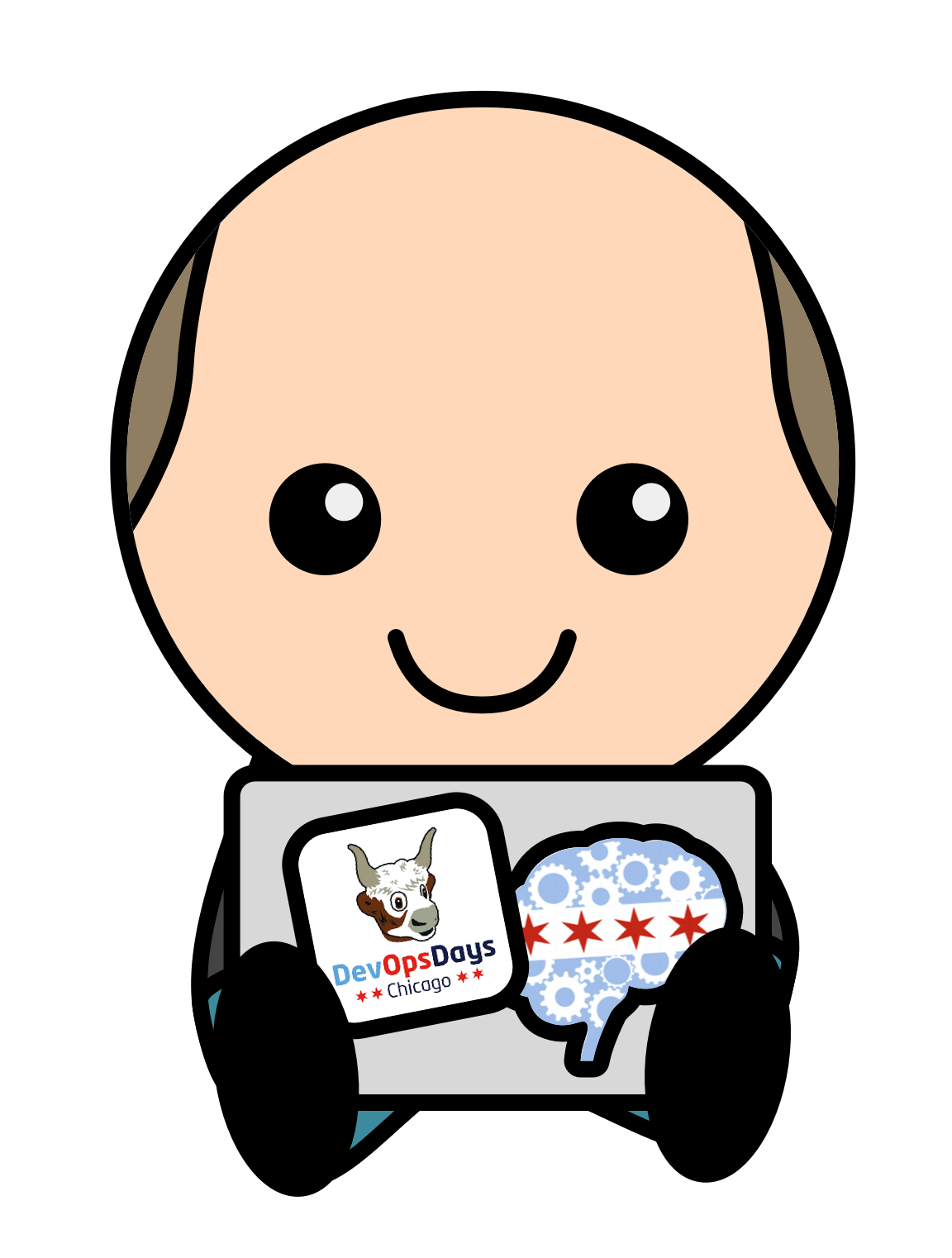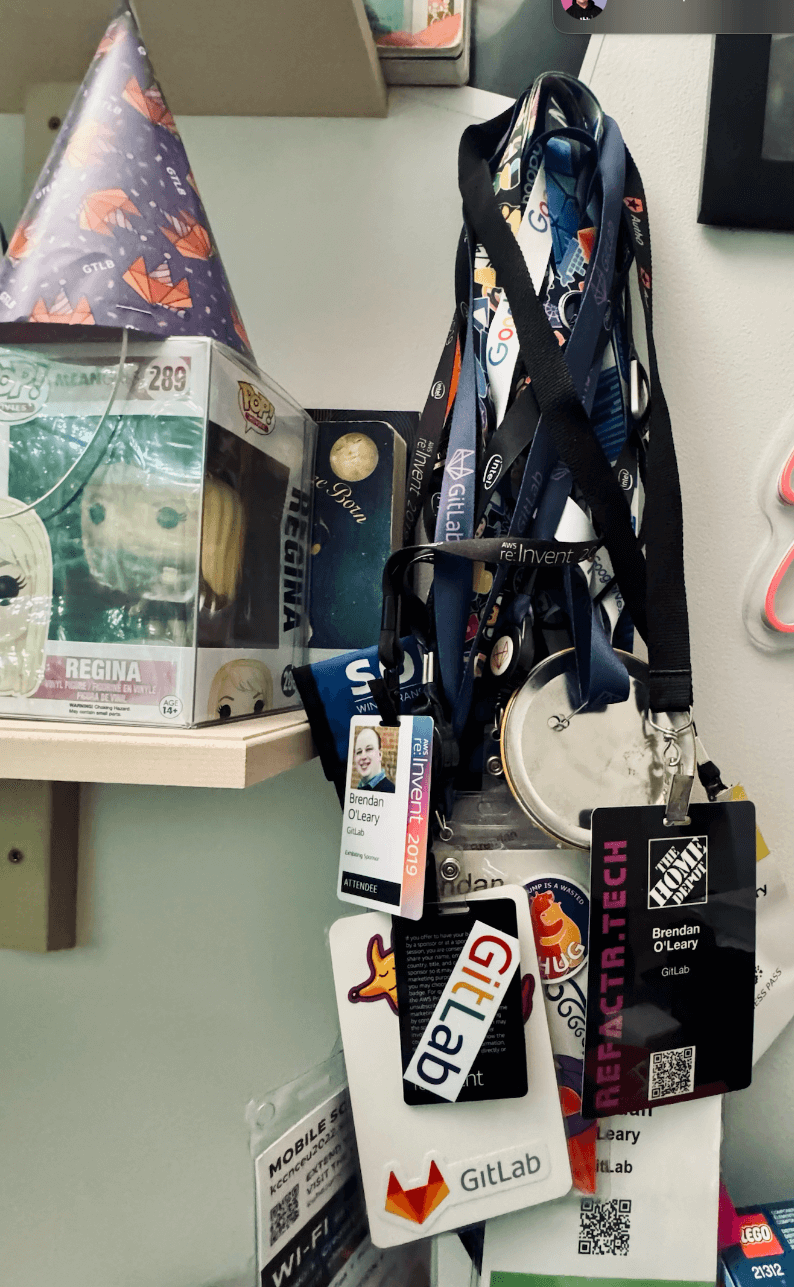I'm a technologist and speaker
I am also a
1x
From bricking my first Tandy computer (sorry, Dad) to working at fast-paced startups to building side apps people love, I have experience tinkering and building from 0 to 1.






While the site works in light mode (your current setting), I highly recommend switching to dark mode for the best experience.
When it comes to public speaking, I'm not your typical tech speaker. From Apollo missions to Legos to Black Mirror, you won't find a boring deck filled with code here.